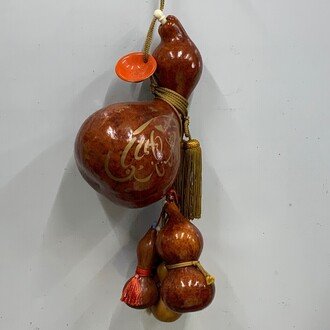
Photo by
kosuketsubota
本日は無礼講:2023年4月14日(金)
ここから先は
1,781字

2023年第2四半期(4月−6月)のエネルギー問題や環境問題を中心に,現代社会の論点を考えるヒントやシーズをご提供します。京都の隠れた愉しみも随所で紹介しています。日本語と英語の2か国語で表記。
The text is presented in both Japanese and English, making it a potentially useful resource for learning both languages.
『京都居候叢書』(きょうといそうろうそうしょ)第2篇(2023年4月−6月)。京都に居候をしながら,政治経済,ビジネス,エネルギー,環境,…
期間限定!Amazon Payで支払うと抽選で
Amazonギフトカード5,000円分が当たる
Amazonギフトカード5,000円分が当たる
Thank you very much!
